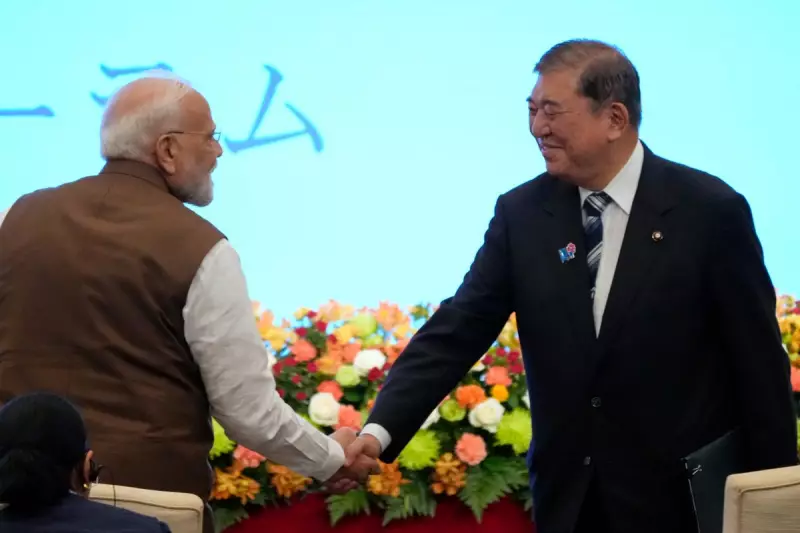
Indian Prime Minister Narendra Modi has embarked on a significant diplomatic mission to Tokyo, aiming to cement a stronger strategic partnership with Japan. The high-level talks are widely seen as a concerted effort by both nations to counterbalance China's growing assertiveness in the Indo-Pacific region.
The visit underscores a deepening of ties between the two Quad alliance partners, focusing on enhanced defence cooperation, increased trade, and collaborative investments in infrastructure. This move is a clear strategic pivot, reinforcing a united front in a region where Beijing's influence continues to expand.
Strengthening the Quad Alliance
Analysts view Modi's engagement with Japanese leadership as a crucial step in solidifying the Quad framework, which also includes the United States and Australia. The discussions are expected to cover shared security concerns, including maritime security and stability in the South China Sea.
A Focus on Defence and Infrastructure
Key outcomes from the summit are anticipated to include new agreements on military technology sharing and joint exercises. Furthermore, significant Japanese investment in Indian infrastructure projects, such as high-speed rail, is on the table, symbolising a tangible commitment to a long-term partnership.
This strengthened India-Japan axis is a defining development in Asian geopolitics, potentially reshaping economic and security dynamics for years to come as democracies in the region seek to present a viable alternative to China's vision.





